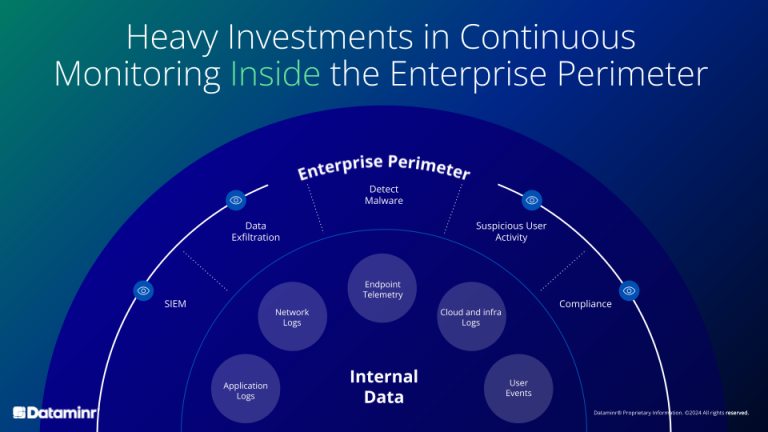
Getting injured on the job is stressful enough. But what happens when two doctors give you different diagnoses for the same injury? One says it’s a sprain, the other suspects a herniated disc. Suddenly, you’re caught in a confusing and frustrating situation that could impact your ability to receive proper treatment and benefits. This can also happen in stress and psychological work injury claims, where symptoms are harder to measure and diagnoses can vary widely. If you find yourself facing conflicting medical opinions, it’s important to know that you do have rights – and you’re not alone.
Understanding how to handle these disagreements is essential, especially when your health and financial stability are on the line. A trusted workers’ compensation lawyer can help you navigate this tricky process and make sure your voice is heard.
Why Conflicting Diagnoses Happen
It may seem odd that two professionals looking at the same injury could come to different conclusions, but it happens more often than you might think.
Different Training, Tools, or Timelines
Doctors have varying specialties, experiences, and diagnostic approaches. One may rely heavily on imaging results, while another focuses more on physical symptoms or functional limitations. Timing also plays a role – an injury may not present clearly in its early stages but becomes more visible later.
Another reason? The insurance company’s involvement. Sometimes the insurer requests an Independent Medical Examination (IME) by a doctor they’ve chosen, and that doctor may downplay the severity of your injury. This can directly affect your benefits, leaving you caught between medical opinions.
What You Should Do First
It’s easy to feel overwhelmed, but taking the right steps early on can help protect your claim.
- Get Organized
Start by collecting all medical records, treatment notes, and test results. Keep a personal log of symptoms, pain levels, medications, and how the injury affects your daily life. This record can be powerful if your case goes to a hearing. - Don’t Panic
Conflicting diagnoses don’t automatically disqualify you from receiving benefits. It just means you’ll need to be proactive and possibly challenge one of the medical opinions. - Contact a Workers’ Compensation Lawyer
This is where things can get complicated fast. A knowledgeable lawyer knows how to gather medical evidence, request second opinions, and present your case effectively. They can also help you understand the difference between treating physicians and IME doctors – and why that distinction matters.
Understanding Your Rights in the Process
Many injured workers assume they have to accept whatever the insurance company decides, but that’s far from the truth.
You Have a Right to Challenge an IME
If you believe the IME diagnosis is inaccurate or biased, you can challenge it. A lawyer can help file for a hearing, request another examination, or bring in expert testimony to support your case. They may also help you select a new treating physician if necessary, depending on the rules in your state.
You Can Request a Second Opinion
In many states, injured workers are allowed to request a second opinion or change doctors under certain conditions. Be sure to follow your state’s guidelines for doing so properly, as skipping this step can affect your benefits.
Fun fact: In some states, your treating physician’s diagnosis carries more legal weight than the IME doctor’s opinion. That’s why having an attorney who understands your state’s specific laws is a big advantage.
How Legal Support Makes the Difference
Trying to resolve a conflicting diagnosis on your own can feel like walking a legal tightrope blindfolded. A good workers’ compensation lawyer acts as both your guide and advocate, helping you gather the right documentation and present your case with confidence. It only takes a quick look at the map to explore a few professionals who specialize in this kind of support:
Clear Communication is Key
Attorneys can speak directly with medical providers, request clarification, and translate complex medical reports into a compelling argument for benefits. They can also advise you on how to communicate with doctors to avoid inconsistencies in your reports.
Appealing Denied Claims
If your claim gets denied due to a conflicting diagnosis, your lawyer can help you file an appeal. They’ll walk you through hearings, represent you before the board, and do everything possible to help secure the outcome you deserve.
Stay Focused on Healing
Conflicting medical opinions can be frustrating, but they don’t mean your case is lost. With the right support and a clear understanding of your rights, you can keep your claim on track while focusing on what matters most: your recovery.
When in doubt, consult a workers’ compensation attorney. They deal with these situations all the time and know exactly how to tip the scales back in your favor. After all, getting better should be your main job – let someone else handle the fight for your benefits.






